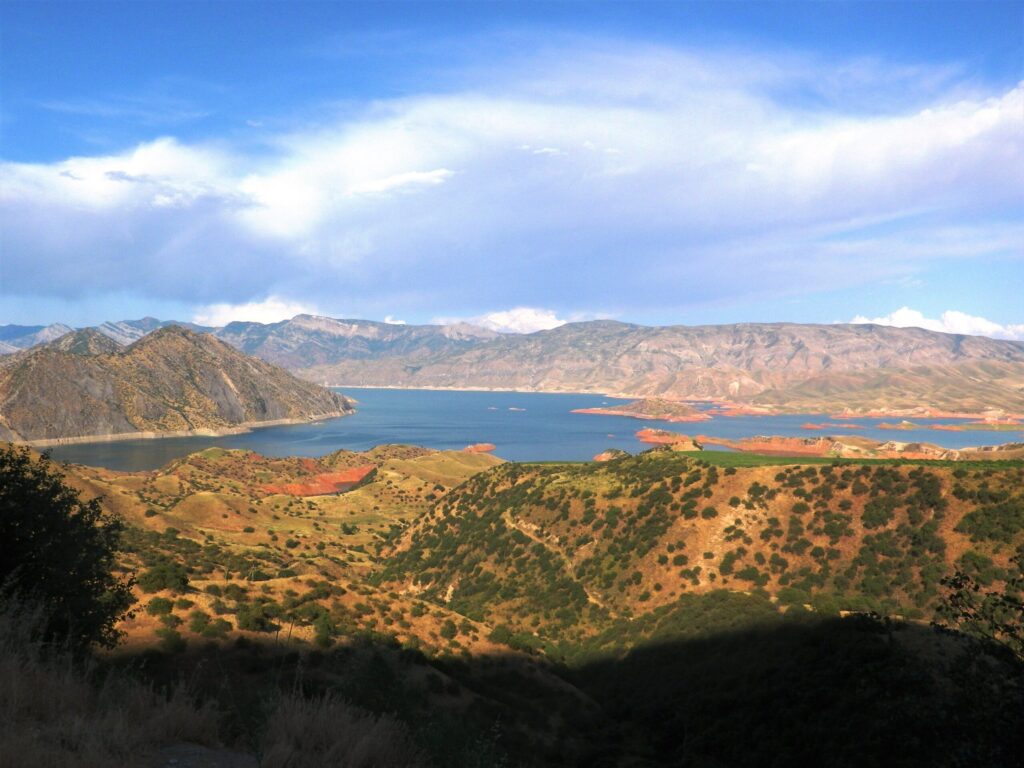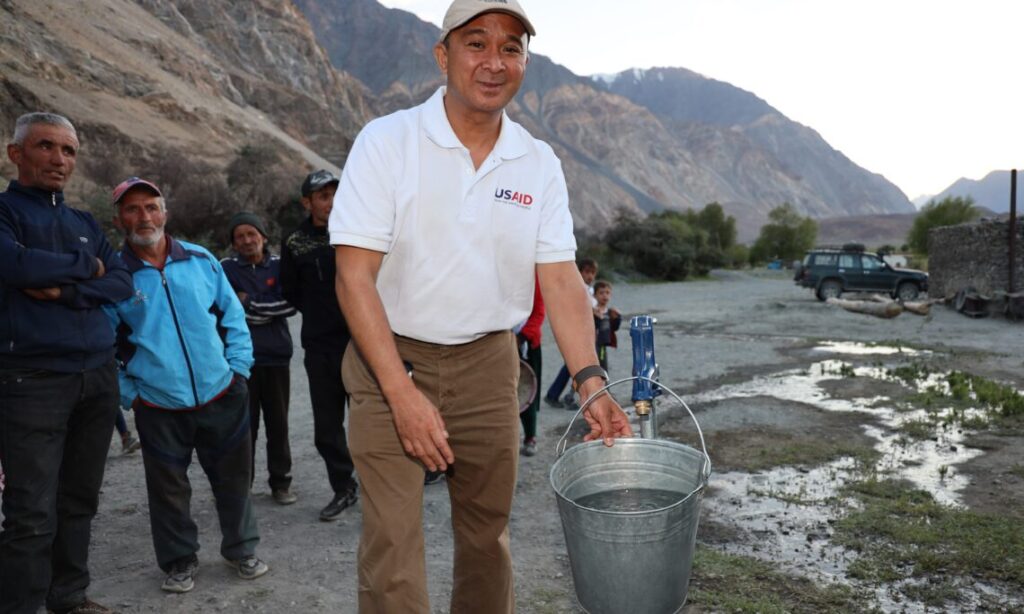Viewing results 73 - 78 of 75
EBRD Pledges New Resources for Green Investment in Tajikistan The European Bank for Reconstruction and Development (EBRD) is committing fresh funds to facilitating better access to green technologies and climate adaptation for businesses and households in Tajikistan, a news release on the bank's website states. The US$ 50 million Tajikistan Green Economy Financing Facility II (GEFF Tajikistan II), launched by the EBRD and the Green Climate Fund (GCF), will promote higher standards of energy and resource efficiency and support the country’s transition to a greener economy. GEFF Tajikistan II will encourage residential and commercial borrowers to invest in green and innovative solutions (available through the programme’s website) that promote the efficient use of water and the sustainable management of land. It will pay special attention to the country’s agribusiness sector, which employs almost half of Tajikistan’s workforce and is responsible for more than 22.5 per cent of gross domestic product. Up to US$ 13 million, including US$ 11 million under GEFF Tajikistan II, will be earmarked for three domestic financial institutions: Bank Arvand (US$ 4 million), microlenders Humo (US$ 5 million) and Imon International (US$ 4 million). With a joint base of more than 540,000 clients and operational even in remote mountainous parts of the country, the three institutions are well placed to bring much-needed green finance to even the smallest borrowers across Tajikistan. The new facility builds on the US$ 25 million Green Economy Financing Facility I (GEFF Tajikistan I), which was supported by the European Union and operational from 2019 to 2023. GEFF Tajikistan I supported more than 4,600 sub-projects. Each year, these generated over 24,000 MWh of energy savings, reduced CO2 emissions by 5,195 tonnes and cut water consumption by 5.2 million m3. GEFF Tajikistan II is supported by donor funding from South Korea, Austria and the GCF.
According to RFE/RL's report on November 17th, Tajikistan unveiled intentions to integrate with China's telecommunications network as part of efforts to enhance internet accessibility in the country, which is ensconced in mountainous terrain and lacks direct access to the sea. This move aligns with the expanding influence of Beijing in Central Asia. Despite recent progress, Tajikistan still grapples with one of the world's slowest internet services, routing all traffic through a government-controlled center. As disclosed by the state news agency Khovar, the initiative coincides with the construction of a highway linking Dushanbe, the nation's capital situated in the western region, to a town bordering China.
As outlined in a press release on its website, the United States Agency for International Development (USAID) and the Aga Khan Foundation (AKF) in partnership with the Government of Tajikistan completed and inaugurated a new drinking water supply system and a school latrine in two villages of Rushan’s Bartang valley. The drinking water supply systems will provide uninterrupted access to clean water for 72 households (397 people) in Pasor and Bopasor villages. Additionally, 40 schoolchildren and teachers will have access to sanitary toilets in school #40 of Bopasor village, the U.S. Embassy in Tajikistan said. In the remote mountainous villages of Pasor and Bopasor, lack of access to potable water was a significant problem. Although the villages are blessed with an abundance of water, the absence of infrastructure forced the residents to fetch water from a distance of 500-800 meters at an elevation of 3,000 meters above sea level during harsh winters that last for five months. The USAID and AKF joint partnership, Thrive Tajikistan, works hand-in-hand with the Government of Tajikistan and people of the Bartang Valley to tackle this monumental challenge. To date, Thrive Tajikistan has provided 14 potable water supply systems and 14 school latrines in Farkhor, Hamadoni, Nosiri Khusrav, Panj, Qubodiyon, Roshtqala, Shahritus, and Rushan districts. These systems provide 43,558 people with access to clean drinking water and improved sanitation and hygiene services to 8,344 people. The five-year (2018-2023) “Thrive Tajikistan: Partnership for Socio-Economic Development” program expands the partnership between USAID, AKF and the Government of Tajikistan to improve the quality of life for people in all 16 districts of Tajikistan along the country’s border with Afghanistan in Khatlon province and Gorno-Badakhshan Autonomous Oblast.



